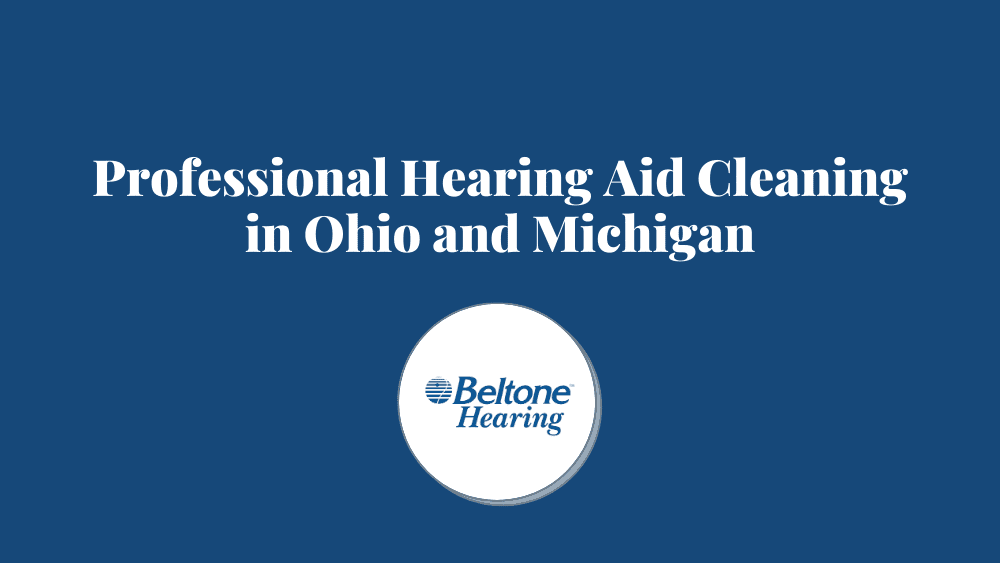TIME magazine published an article written by Beltone recently on what you need to know if you are considering buying an over-the-counter (non-prescription) hearing aid for your hearing loss.
In it, they talk about all the things to think about and weigh up before making your final decision on a hearing aid purchase. See the summary of the content in five tips below.
1. You want to make sure you have a hearing loss.
Only a hearing assessment with a hearing professional can ensure that this is the case and that you’re not dealing with a buildup of earwax or an ear infection instead. In rarer cases, your hearing loss might have a medical cause that a hearing professional will catch and refer you for treatment.
2. Know exactly what an OTC hearing aid is.
An OTC hearing aid is an FDA-approved hearing aid that hasn’t been prescribed by a hearing professional.
You can buy them over the counter at many online or brick and mortar stores, and the fitting, programing, and maintenance is all done by you. They are suitable for mild to moderate hearing loss.
Compare that to getting prescription hearing aids – your hearing professional is with you from start to finish, and you are guaranteed hearing aids that are customized perfectly for your lifestyle, ear and ear canal size, and hearing needs (based on your hearing assessment). They are suitable for all degrees of hearing loss.
3. Make sure your purchase matches your hearing needs.
Many OTC hearing aids aren’t very comfortable for wearing all day, but if you have a mild hearing loss and will only be wearing hearing aids for particular events, then OTC hearing aids can be a better choice.
If you will be wearing hearing aids all day, then Beltone recommends prescription hearing aids.
4. See if the OTC options cover your checklist of needs.
Prescription hearing aids come in many styles and colors, and they have numerous hearing features. Most OTC hearing aids won’t have an array of styles and features to choose from.
The quality of speech in prescription hearing aids will almost always be better, especially when outdoors and in noisy rooms.
5. Ask yourself if you’re comfortable doing everything alone.
If you would rather have a professional always available to help you choose the best hearing aids for your needs, prescription hearing aids are the optimal choice.
If you are used to doing most things in life yourself, and learning as you go, then OTC hearing aids might be a good choice.
Hearing Aid Help in Michigan or Ohio
If you would like the best advice for how to treat your hearing loss in the Michigan or Ohio area, contact us to book a free hearing test or a hearing aid consultation, and we’ll help you choose what’s best for you based on your preferences and hearing needs.





